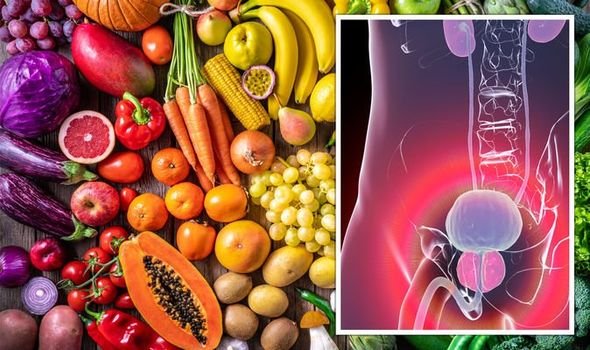Inflammatory Foods to Avoid for Prostate Health: Understanding Dietary Triggers
Maintaining a prostate-healthy diet is crucial for managing inflammation and supporting overall prostate health. Certain foods can exacerbate prostate inflammation and contribute to the progression of prostate conditions such as benign prostatic hyperplasia (BPH) and prostatitis. In this comprehensive guide, we explore the foods that can inflame the prostate and provide insights into making dietary choices to promote prostate health.
1. Red Meat
Red meat, particularly processed and fatty cuts, contains saturated fats that may contribute to inflammation in the body, including the prostate gland. High consumption of red meat has been linked to an increased risk of prostate cancer and other prostate-related conditions. Consider limiting your intake of red meat and opting for lean protein sources such as poultry, fish, and plant-based proteins.
2. Dairy Products
Dairy products, including milk, cheese, and yogurt, contain saturated fats and may contribute to inflammation in the body. Some studies suggest that high dairy consumption may be associated with an increased risk of prostate cancer and BPH. If you choose to consume dairy products, opt for low-fat or non-fat varieties and consider incorporating dairy alternatives such as almond milk or soy yogurt into your diet.
3. High-Fat Foods
High-fat foods, including fried foods, processed snacks, and baked goods, can promote inflammation throughout the body, including the prostate gland. Trans fats and hydrogenated oils found in many processed foods have been linked to increased inflammation and may worsen symptoms of prostate conditions. Focus on incorporating whole, unprocessed foods into your diet and limit your intake of high-fat and processed foods.
4. Sugar and Refined Carbohydrates
Foods high in sugar and refined carbohydrates, such as white bread, pastries, and sugary snacks, can spike blood sugar levels and promote inflammation in the body. High glycemic foods have been associated with an increased risk of prostate cancer and may worsen symptoms of prostate conditions. Choose whole grains, fruits, and vegetables as primary sources of carbohydrates and limit your intake of sugary and processed foods.
5. Spicy Foods
Spicy foods, including hot peppers, chili peppers, and spicy sauces, can irritate the prostate gland and exacerbate symptoms of prostatitis and BPH in some individuals. While occasional consumption of spicy foods may not cause problems for everyone, those with sensitive prostates may experience discomfort and urinary symptoms after consuming spicy foods. Consider moderating your intake of spicy foods if you experience prostate-related issues.
Making informed dietary choices is essential for managing inflammation and supporting prostate health. By avoiding inflammatory foods such as red meat, dairy products, high-fat foods, sugar, refined carbohydrates, and spicy foods, individuals can reduce inflammation in the body and promote better prostate health. Incorporating a variety of nutrient-rich foods, including fruits, vegetables, whole grains, and lean proteins, can provide essential nutrients and support overall well-being.
Consult with a healthcare professional or a registered dietitian for personalized dietary recommendations tailored to your individual health needs and goals. With the right dietary choices and lifestyle habits, individuals can optimize their prostate health and reduce the risk of prostate-related conditions.

